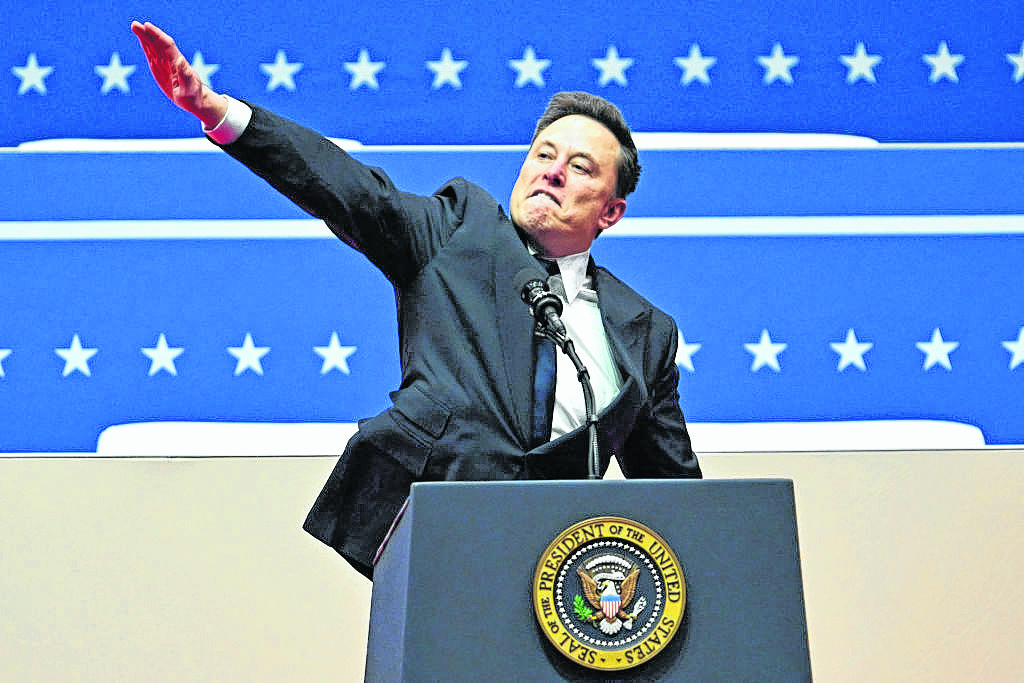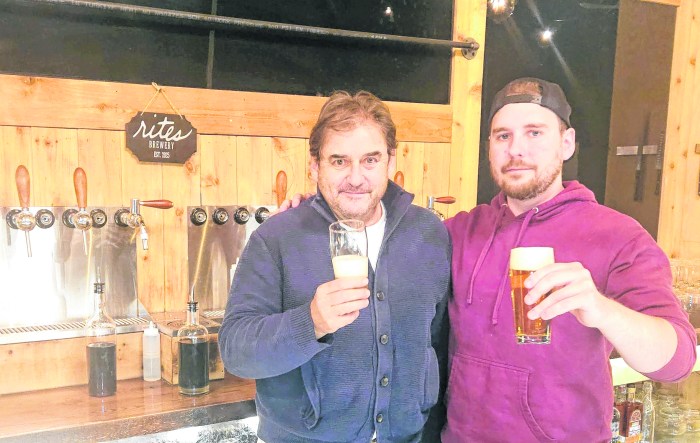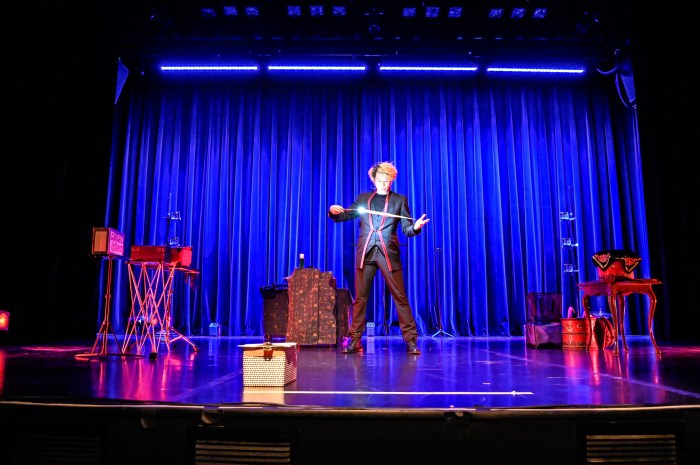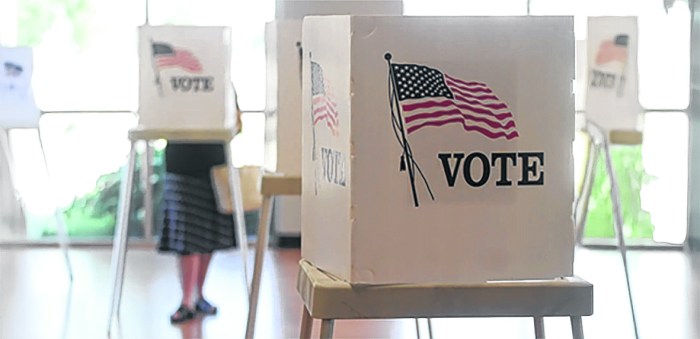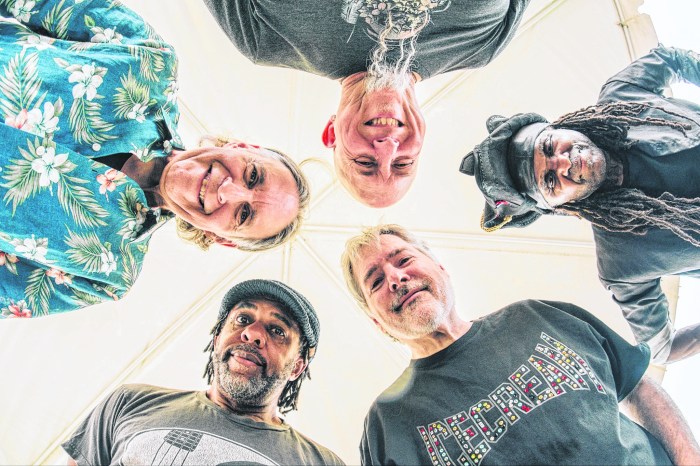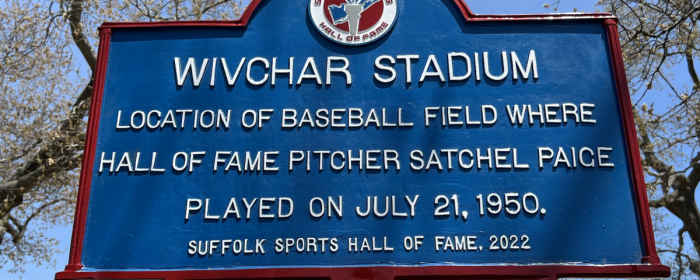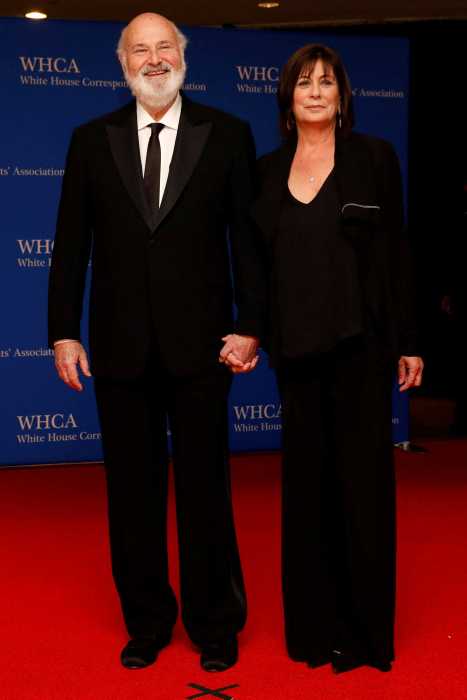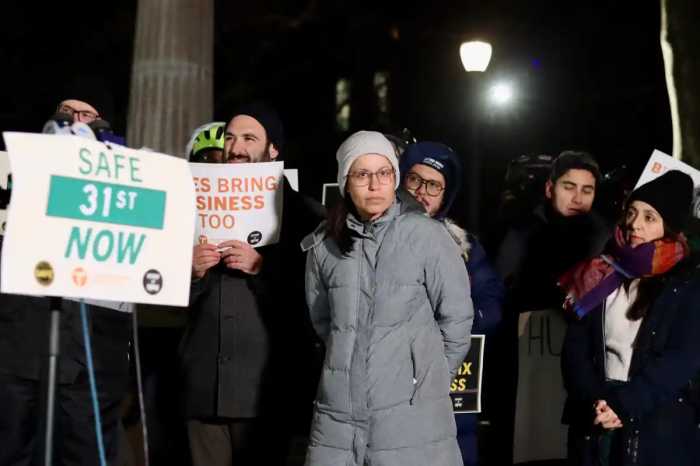Investigative journalist Jacqueline Sweet’s story debunking a conspiracy theory that billionaire Elon Musk praised himself using a fake social media account got her banned from X — raising questions of whether Musk is selectively enforcing the rules.
Sweet, a freelancer from Suffolk County who covers local and international issues for many publications, is no stranger to controversy, having been doxxed — the term for internet trolls exposing an individual’s personal details online — after she angered supporters of expelled Republican ex-congressman and convicted felon George Santos. But despite X, the social media platform formerly known as Twitter, not helping her when she was doxxed, the company cited its rules against doxxing as the reason for banning her — while she maintains her story contained only publicly available information.
“This story, it seems quirky, but it’s kind of a canary in the coal mine,” Sweet tells the Press. “Because if Elon doesn’t like your journalism, he can just ban you from a major platform where we disseminate our news. So it seems to be a big problem even though it’s an unimportant story.”
The case is not the first time a journalist with Long Island ties has been caught up in a high-profile censorship debate involving Twitter. In 2017, President Donald Trump blocked former Press reporter Lauren Wolfe after she pointedly fact-checked one of his tweets. The Knight First Amendment Institute sued on behalf of people Trump blocked, arguing it violated their free speech rights to be blocked from the president’s official account. Federal courts agreed, but when he appealed the case to the U.S. Supreme Court, Trump was no longer president, so the high court called it moot.

In Sweet’s case, she had written a story for The Standard profiling a man named Adrian Dittmann whose X account was the subject of speculation that it was really Musk because Dittmann frequently posted in support of the owner of X, Tesla, and Space X who is also now in Trump’s new Department of Government Efficiency. Sweet examined Dittman’s posts and determined that he was real and the story went viral — but despite countering Musk’s critics, the story instead drew the wrath of one of the world’s richest people.
First, X blocked links to the story on the platform, noting that it violated its terms, but later relented. X also suspended Sweet’s account. She got her suspension reduced from 30 to seven days, with the clock starting as soon as she deletes her post sharing the link to the story, which was published on Jan. 4. She refuses to take it down and is exploring her legal options with First Amendment attorneys.
“It seems like it’s just personal punishment at this point because it’s inconsistent,” she said. “It’s a big problem that social media companies have so much power … and there’s not a lot of recourse.”
Neither X nor Musk — who called himself a “free speech absolutist” before he bought Twitter for $44 billion in 2022 — could be reached for comment.
“I am Adrian Dittmann,” Musk tweeted 10 hours after Sweet posted her story. “It’s time the world knew.”
I am Adrian Dittmann. It’s time the world knew.
— Elon Musk (@elonmusk) January 5, 2025
Sweet took that post as a joke, although his followers’ replies suggest that some took the post at face value. Sweet believes what riled Musk is that her story chipped away his ability to mock people who believed the conspiracy theory.
“It seems like he likes to make fun of people on the left and his critics who believe in that conspiracy theory,” she said. “He liked to feel superior to people who believed in it. Because it was kind of a silly conspiracy theory. There wasn’t really a lot of evidence. And he liked to use it to say that the media is fake and his critics are stupid. And it was a game to him … I think that was part of it, I ruined his game.”
But as prior litigation surrounding Twitter has proven, the courts have found protecting First Amendment rights online is anything but.
Read more: Guest Column: An open letter to Elon Musk on a word that hurts




